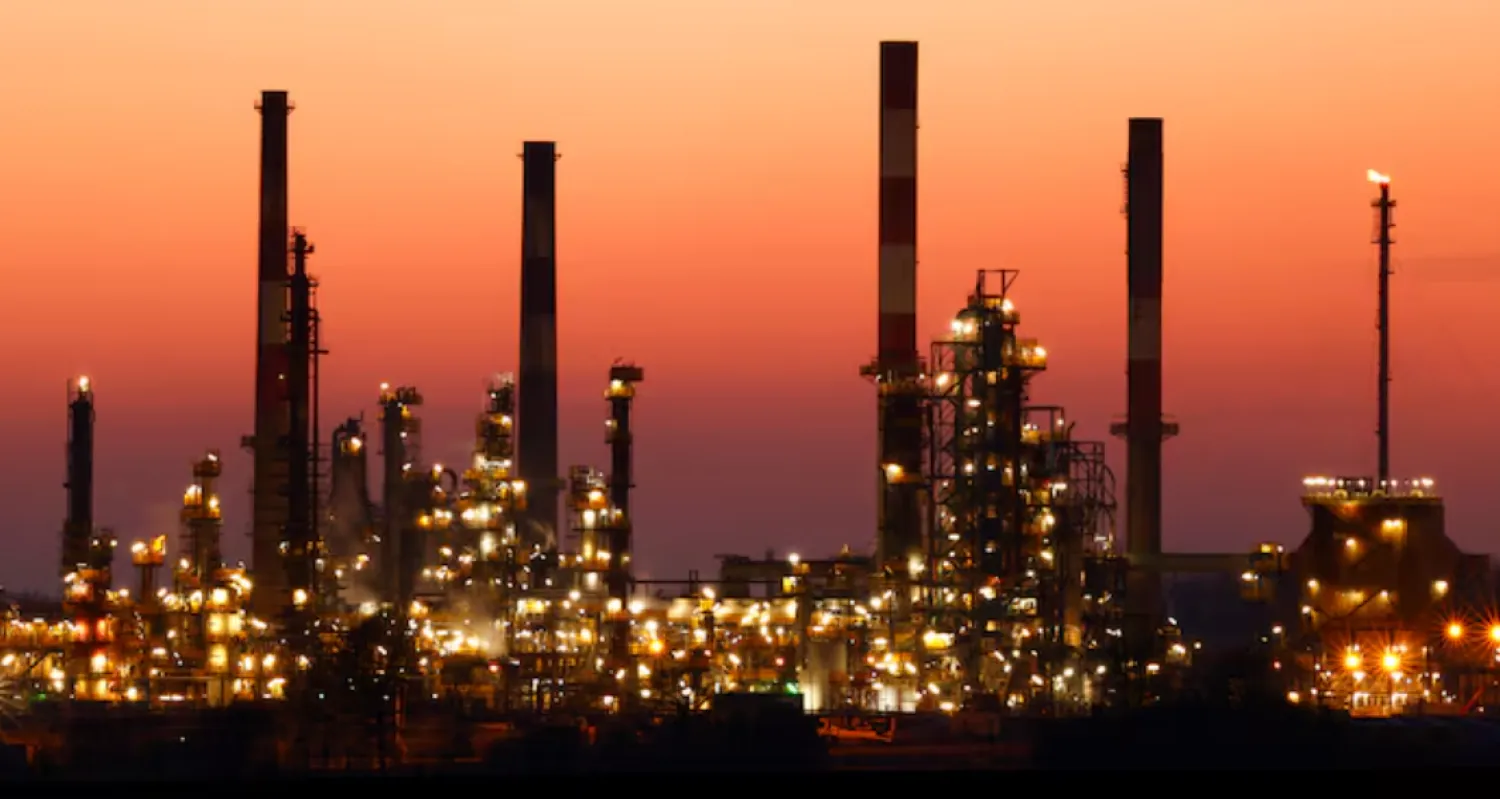A Saudi-American-Chinese alliance announced the launch of a green energy investment company under the name, Skytower, which will be specialized in transferring the latest short and long energy storage solutions to enable the energy mix in Saudi Arabia.
This alliance came following a visit by a US-Chinese trade delegation to Saudi Arabia on May 29, as part of efforts to launch an international green energy consortium based in Riyadh, consisting of multinational companies, to invest in advanced technologies for sustainable green economy, with the aim to reach zero carbon emissions.
The agreement aims to facilitate the access of the alliance members to the Saudi market, support green energy projects, and reinforce the Kingdom’s plan to reach carbon neutrality.
The coalition includes US and Chinese non-governmental organizations that share economic and environmental goals, and seek to build a new model for a sustainable, low-carbon future.
The delegation stated that its objectives are based on the Saudi Vision 2030 and the Net Zero 2060 programs.
Green energy technology
Dr. Eric Fang, CEO of Skytower Zero Carbon industry Park, told Asharq Al-Awsat about green energy opportunities in the Kingdom and their importance to the global economy.
He emphasized that Saudi Arabia enjoyed vast wind and solar resources, with new energy storage technology that is driving the use of renewable energy.
He also pointed to the establishment of a complete supply chain in energy storage, at a time when Saudi Arabia is preparing to lead the world in the use of green energy.
He said he saw Saudi Arabia as a major force in driving the adoption of renewable energy transition towards a greener society, adding that the current ambitious plan to fuel the economy with 50 percent of green energy was evidence of the Kingdom’s commitment to establishing a net-zero society in the future.
Moreover, the addition of hydrogen and ammonia technology to the energy mix would drive energy transmission to a high speed, he remarked.
On the future of investment in zero carbon in Saudi Arabia, the CEO of Skytower said that future, or as Saudi Arabia calls it the zero-carbon society, is worth trillions. The Kingdom will lead the world in industrial transformation, digital transformation, research and development innovation, materials development, all of which are foundations for a zero carbon investment.
The future of Chinese companies in Saudi Arabia
On the opportunities available to Chinese companies in the Kingdom, Fang stressed that China’s investments in carbon removal, green manufacturing, green infrastructure development, and integrated renewable energy production that combines solar and wind energy, hydrogen, and ammonia, in addition to green biotechnology... were all excellent opportunities in the Kingdom.
According to Fang, all products that are manufactured in Saudi Arabia can be exported to the Middle East, North Africa, Africa, the United States, China, Asia and the European Union. This promotes the strategy of green industry development, which attracts Chinese enterprises, he underlined.
Opportunities for American companies in the Kingdom
The CEO of Skytower enumerated the opportunities available to American companies in Saudi Arabia, in the “technology applications market that covers not only the Kingdom, but also the countries of the Gulf Cooperation Council, Africa and the European Union.”
He explained that the great American engineering and innovation skills were today at the heart of economic development around the world.
He added that Saudi Arabia represents a unique new market for American companies, with the capacity for manufacturing, research and development to help create a regional center for innovation to fuel Vision 2030 and the Net Zero 2060 Goal 2060.
Comprehensive global experiences
Fang shed light on the opportunities for Saudi-American-Chinese investment cooperation and the benefits that such alliance would bring to the world in the field of green energy and zero carbon.
He noted that the new consortium would benefit from the strength of innovation in the United States, the Chinese industry and the manufacturing strength of the Saudi market to build a unique comprehensive solution development and planning company, with a holistic approach for the supply chain and the sustainability of renewable energy sources, which in turn will drive an unprecedented healthy green industry development.
In short, Skytower will bring 40 years of Chinese industry growth management and policy experiences, 40 years of technological innovation in the United States that support China’s development experiences, and 40 years of China industrial park policy, government incentives, and management expertise. The alliance will also provide a systematic and integrated approach to the needs of the Saudi industry development, while understanding the requirements for the company to enter the market, the CEO concluded.









